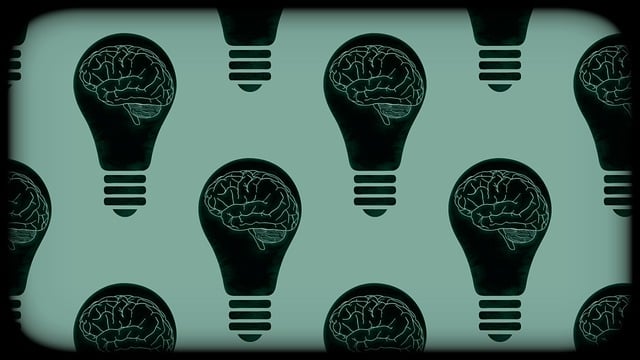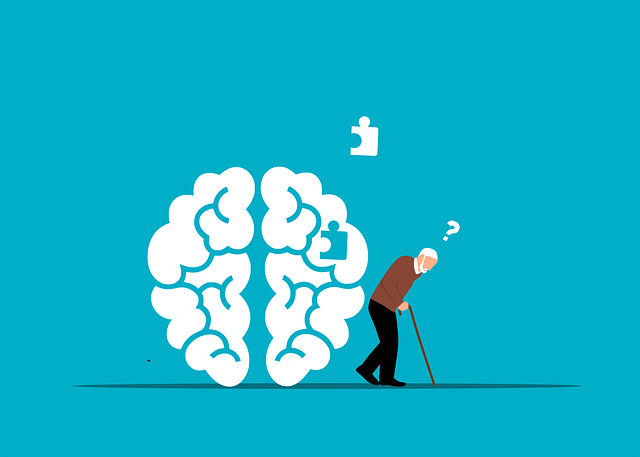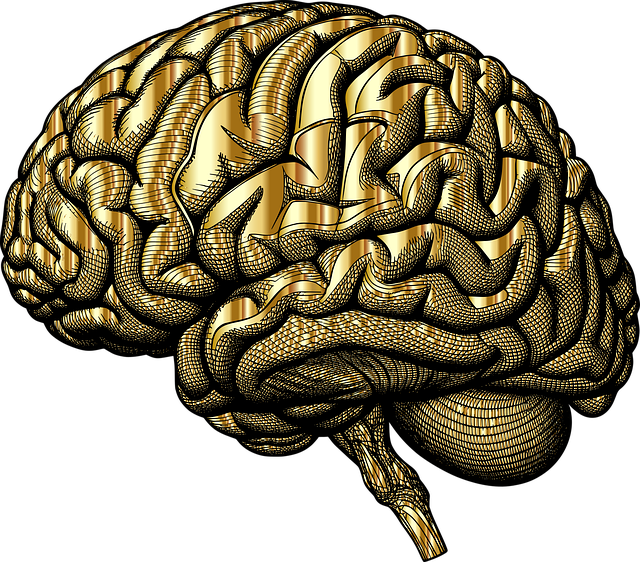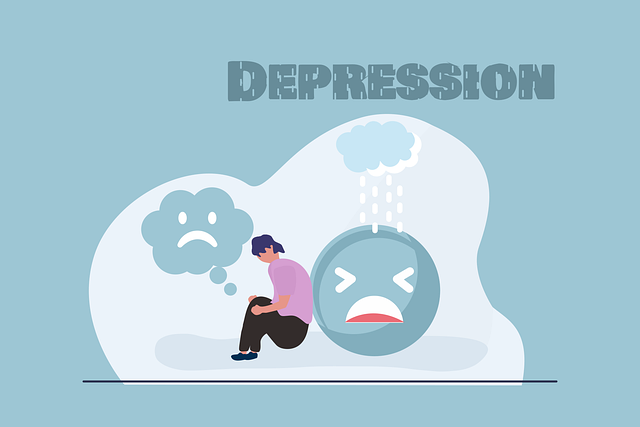Depression resulting from sexual abuse can be effectively addressed through specialized therapies like Golden Sexual Abuse Survivor Therapy (GSAT), which creates safe spaces for processing trauma, builds empathy, and encourages coping skills development. GSAT integrates evidence-based practices such as cognitive-behavioral techniques (CBT) to reframe negative thought patterns, social skills training for connection, and self-care practices like exercise and mindfulness. Maintaining a healthy lifestyle through regular physical activity, balanced nutrition, and adequate sleep is crucial in depression prevention and management. Mental wellness coaching and risk management planning further bolster resilience and emotional healing for sexual abuse survivors.
Depression among survivors of sexual abuse is a pressing issue that demands tailored strategies for prevention and healing. This article explores effective approaches to combat depression, focusing on the unique needs of Golden Sexual Abuse Survivor Therapy clients. We delve into understanding the impact of trauma, the power of therapy as a cornerstone, cognitive-behavioral techniques to challenge negative thoughts, lifestyle adjustments promoting mental well-being, and building resilience for long-term depression prevention.
- Understanding Depression and its Impact on Survivors of Sexual Abuse
- Creating a Supportive Environment for Healing: Therapy as a Cornerstone
- Cognitive-Behavioral Techniques for Challenging Negative Thought Patterns
- Lifestyle Adjustments: Exercise, Diet, and Sleep for Mental Well-being
- Building Resilience and Coping Strategies for Long-term Depression Prevention
Understanding Depression and its Impact on Survivors of Sexual Abuse

Depression is a complex mental health issue that can significantly affect individuals who have experienced sexual abuse. Understanding the impact of such trauma on survivors is a crucial step in prevention. Many victims struggle with low mood, anxiety, and feelings of worthlessness, often leading to prolonged periods of unhappiness and isolation. The journey towards healing involves specialized support and therapy tailored to their needs.
Golden Sexual Abuse Survivor Therapy focuses on building empathy between the survivor and therapist, creating a safe space for them to process their experiences. This approach encourages the development of coping skills to manage distressing emotions and memories. By incorporating stress reduction methods, survivors can learn to regulate their responses to triggers, fostering resilience and improved mental well-being over time.
Creating a Supportive Environment for Healing: Therapy as a Cornerstone

Creating a supportive environment is paramount for healing from depression, especially for survivors of sexual abuse. Golden Sexual Abuse Survivor Therapy (GSAT) serves as a cornerstone in this process, offering specialized care tailored to address the unique challenges faced by these individuals. Through GSAT, survivors gain access to skilled therapists who understand the complex interplay between trauma and mental health. This therapeutic approach fosters safety, trust, and empowerment, facilitating open dialogue and processing of past experiences.
Emotional well-being promotion techniques within GSAT encompass various evidence-based practices designed to strengthen coping mechanisms and enhance resilience. By integrating these strategies into daily life, survivors can effectively manage depression symptoms and improve their overall mental health. Mental Health Education Programs that focus on raising awareness about sexual abuse trauma and its implications are also crucial components, enabling individuals to better understand their experiences and advocate for their healing journeys.
Cognitive-Behavioral Techniques for Challenging Negative Thought Patterns

Cognitive-Behavioral Techniques (CBT) offer powerful tools for challenging and transforming negative thought patterns, a common target in depression prevention strategies. This therapeutic approach encourages individuals to identify and question distorted thinking, replacing it with more realistic and positive alternatives. By learning to recognize unhelpful cognitive distortions, such as all-or-nothing thinking or catastrophizing, survivors of sexual abuse can begin to break free from negative cycles. For instance, Golden Sexual Abuse Survivor Therapy integrates CBT methods to help clients reframe traumatic experiences, fostering resilience and a sense of empowerment.
Social Skills Training, another component often incorporated into depression prevention plans, complements CBT by enhancing individuals’ ability to connect with others and express their needs effectively. Additionally, Self-Care Practices play a pivotal role in maintaining mental well-being. Engaging in regular self-care activities like exercise, mindfulness meditation, or creative pursuits can counteract burnout prevention and strengthen an individual’s coping mechanisms.
Lifestyle Adjustments: Exercise, Diet, and Sleep for Mental Well-being

Maintaining a healthy lifestyle plays a pivotal role in preventing and managing depression. Regular exercise acts as a powerful tool against depressive episodes, promoting the release of endorphins that enhance mood and reduce stress. Incorporating physical activities like walking, yoga, or even dancing into your routine can significantly improve mental well-being.
Nutrition also contributes to emotional balance. A balanced diet rich in omega-3 fatty acids, vitamins B and D, and magnesium helps regulate neurotransmitters linked to mood disorders. On the other hand, limiting sugary foods and processed items that cause blood sugar spikes and crashes can prevent energy fluctuations affecting emotional regulation. Additionally, prioritizing sleep is essential; adequate rest allows for stress reduction methods like mindfulness and relaxation techniques to be more effective, while chronic sleep deprivation is strongly associated with increased depression risk, especially in sexual abuse survivor therapy contexts.
Building Resilience and Coping Strategies for Long-term Depression Prevention

Building resilience is a cornerstone of long-term depression prevention. This involves developing coping strategies that empower individuals to navigate life’s challenges with greater equanimity. Mental wellness coaching programs, for instance, can equip people with tools to identify and change negative thought patterns, enhance emotional regulation skills, and foster a sense of self-worth. By integrating these practices into daily routines, individuals become better equipped to manage stress and adversity, reducing the likelihood of depressive episodes.
Emotional healing processes play a pivotal role in this journey. For survivors of sexual abuse, Golden Sexual Abuse Survivor Therapy (GSAST) offers specialized support tailored to their unique needs. GSAST focuses on trauma resolution, self-care, and building adaptive coping mechanisms, thereby strengthening resilience against depression. Furthermore, risk management planning for mental health professionals is essential to ensure they can effectively support clients while safeguarding their own well-being.
Depression prevention among survivors of sexual abuse requires a multifaceted approach. By fostering a supportive environment through therapy, challenging negative thought patterns with cognitive-behavioral techniques, adopting healthy lifestyle adjustments like regular exercise and balanced diets, and cultivating resilience, individuals can embark on a path to long-term mental well-being. Golden Sexual Abuse Survivor Therapy offers a crucial framework for navigating this journey, emphasizing the importance of professional guidance tailored to each person’s unique experience. With dedication and the right tools, survivors can reclaim their lives and find lasting hope.













